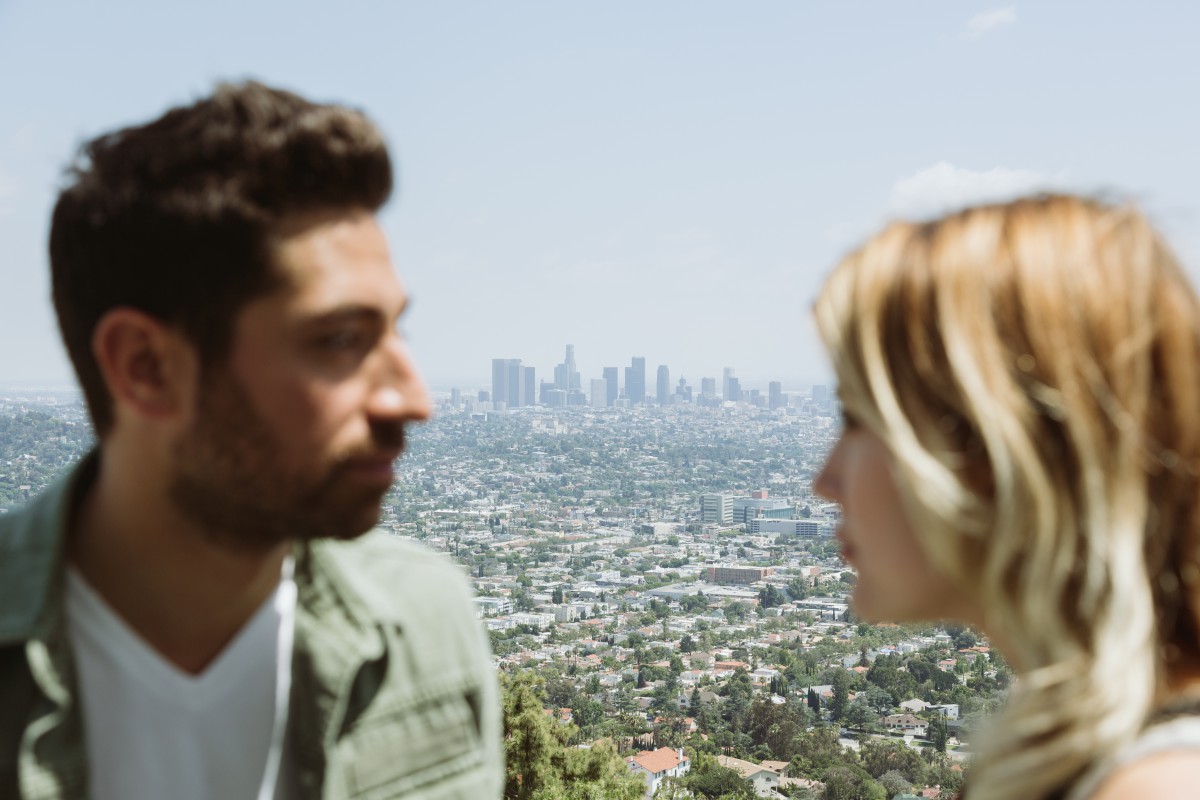Today is Friendship Day:
The United States Congress, in 1935, proclaimed first Sunday of August as the National Friendship Day. Since then, celebration of National Friendship Day became an annual event. The noble idea of honoring the beautiful relationship of friendship caught on with the people and soon Friendship Day became a hugely popular festival.
In the years since 1935 several other countries have followed the U.S. in celebrating Friendship Day. However, some groups celebrate friendship at different times of the year:
- National Friendship Day is on the first Sunday in August.
- Women’s Friendship Day is on the third Sunday in August
- International Friendship Month is February
- Old Friends, New Friends Week is the third week of May
On this web page you’ll find all kinds of information about friendship, including quotations and customs.
My own experience has taught me these truths about friends and friendship:
True friends are rare.
I should cherish each one.
Friendship cannot be forced. It has to come about naturally.
Choose Friends Wisely
In the article Making Friends in New Places, physician Nicholas A. Christakis looks at the beginning of freshman year in college as a time when a group of people who don’t know each other are thrown together and must negotiate the process of making friends:
At the start of freshman year, there’s a window of opportunity, when customary rules about social interactions are suspended, and when it seems perfectly normal for someone to sit down next to you at lunch or in class and strike up a conversation.
Similar groups, he writes, are teenagers arriving at summer camp and adults arriving on a cruise ship. At times like these, associations are not yet fixed, and people’s social inhibitions are suspended as they move about freely among the group in search of people to befriend.
In his observations of freshmen at both Yale and Harvard, Christakis has found that the window for making new friends closes after about three weeks:
Attitudes begin to solidify. Friendships become fixed. And behaviors that initially seemed open and generous might come to feel forced, or even a little creepy.
Christakis believes that we are hard-wired to make friends in new, stressful situations. He has studied both college freshman and the Hadza hunter-gatherers of Tanzania and found that both groups form similar social networks: one or two best friends, in a group of five to six close friends, within a still broader group of 150 people. His work with college students has lead him to this conclusion: “Whether students feel happy or sad, or catch the flu, or learn new things can all depend, in significant measure, on their ties to one another.”
In addition:
Humans are hard-wired for friendship in one final way: We like the company of people we resemble, a property known as homophily. We evolved as a species by preferring those with shared objectives — all the better to coordinate a hunt for a mammoth. But natural selection has equipped us with a taste for similarity at a cost: the loss of new insights and information that lead to innovation.
Christakis’s advice to freshman students about to go off to college is that they purposely seek out people who are in some way different from themselves:
befriending different kinds of people — people with a different religion or major, say — is indeed a good thing. Students learn as much about themselves and about the world from the informal curriculum provided by their friends as they do from the formal curriculum provided by the faculty.
You Never Know Where You Might Find a Friend
In the article The Day I Told the Ugly Truth About My Marriage, neuroscientist and novelist Lisa Genova, author of Still Alice and several other novels featuring neurological conditions, describes telling a stranger about the difficult time she was facing. The focus of this article as published on Oprah’s web site is “why it’s okay to admit when our lives fall apart.”
But I was more taken by the way Genova found a new friend by telling a stranger her story:
Jenny shared specific stories of the times in her life when she was most vulnerable, unable to imagine the details of a secure, positive future. I nodded, my heart recognizing itself. I told her more about my situation, looking into her eyes, not editing a thing. She told me more, this time about freedom and her unwavering belief in happiness and love, and I began to get a glimpse of a bigger perspective, this moment as a single dot in the unfinished dot-to-dot picture of my life.
Since that time, the two women have become close friends. Genova concludes with the observation that sharing a bit of ourselves with someone may result in judgment, pity, or shame. “Or, you could realize you’re sitting on a bench next to someone you love. For me, that’s worth the risk.”
Sometimes synchronicity kicks in and offers you the opportunity of a lifetime. You can’t plan or orchestrate this type of meeting, but you can be receptive to its appearance in your life.

